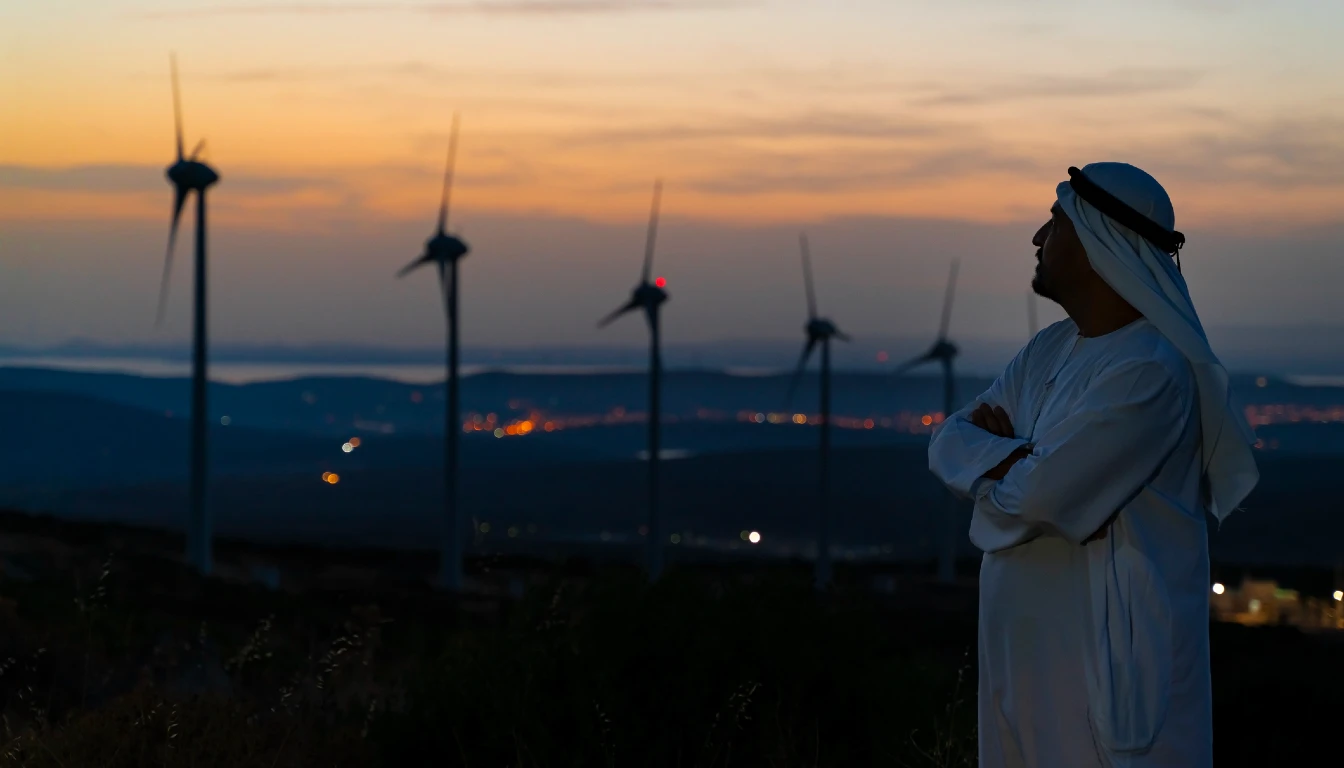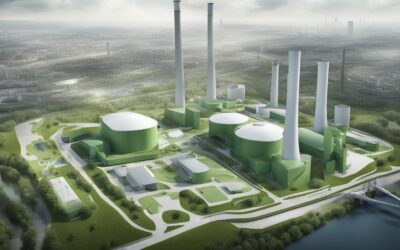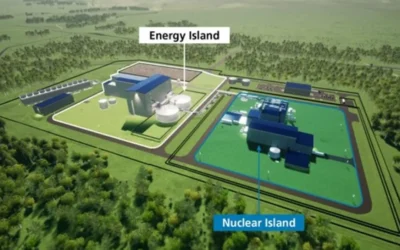A comprehensive UN climate opinion poll, the largest of its kind, reveals substantial support for transitioning to clean energy in key fossil fuel-producing countries.
Conducted across 77 countries representing nearly 90% of the global population, the survey found that a significant majority of citizens in these nations are apprehensive about the impact of global heating on their lives and favor swift shifts to green energy.
The poll indicates that 80% of respondents in China and 76% in India, both major coal producers, support rapid green transitions. In the United States, the world’s leading oil and gas producer, 54% expressed the same sentiment, while the figures were 75% in Saudi Arabia and 69% in Australia.
The UN Development Programme (UNDP) commissioned the poll to inform political leaders about global public opinion on climate action. Achim Steiner, head of the UNDP, emphasized that public consensus worldwide is pushing for faster and more coordinated efforts to combat climate change.
In addition to energy transition, the poll noted that 86% of people across the surveyed nations desire their countries to set aside geopolitical differences for collective climate action. It also highlighted that 56% of respondents contemplate climate change regularly, affecting their major life decisions.
The findings come ahead of the COP29, the UN’s annual international climate summit, where discussions are expected to focus predominantly on climate finance and the call for richer countries to provide greater support to poorer nations.
The UK’s offshore wind power sector, significantly bolstered by a 2014 policy, stands as one of the key legacies of the Conservative government. The sector now contributes to about a quarter of the nation’s electricity needs with reduced carbon emissions. The success is attributed to the “contracts for difference” mechanism, a policy that stabilizes the market by guaranteeing a set price for electricity units, thus encouraging long-term investment in renewable energy.
This initiative has led to a dramatic fall in costs and substantial investment, particularly in the Humber estuary, turning the area into a hub for low-carbon jobs and manufacturing, such as the Siemens Gamesa facility in Hull. Despite this success, subsequent administrations have shown mixed support, oscillating between pro-renewable and pro-fossil fuel policies, influencing public trust and investment strategies.
Financial institutions face a challenging dichotomy between pursuing immediate profits from fossil fuels and investing in longer-term clean energy solutions. Despite growing evidence of the economic risks posed by climate change, including higher-than-expected social costs of carbon emissions, many banks and asset managers remain reticent in fully committing to climate goals. This hesitation is partly driven by concerns over short-term financial performance, the political climate, and regulatory uncertainties.
Economic models suggest that while decarbonization could yield substantial long-term benefits, inconsistent global policies and market incentives complicate the transition. Financial institutions are also wary of the implications of physical climate impacts, such as intensified hurricanes and heatwaves, on their investments, yet struggle with inadequate data to fully assess these risks.
Therefore, while clean energy investment is recognized as vital for future stability, the path forward remains fraught with short-term economic and political barriers, underscoring the need for more coordinated and decisive action from global policymakers.




